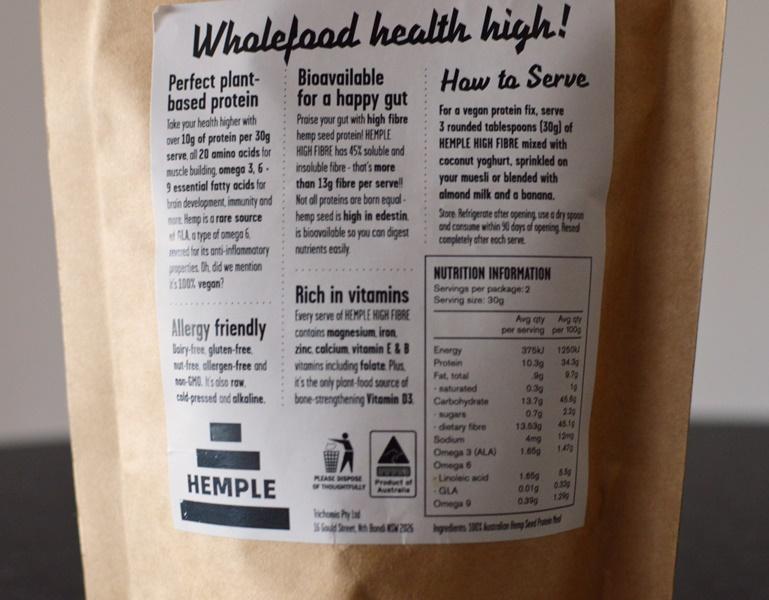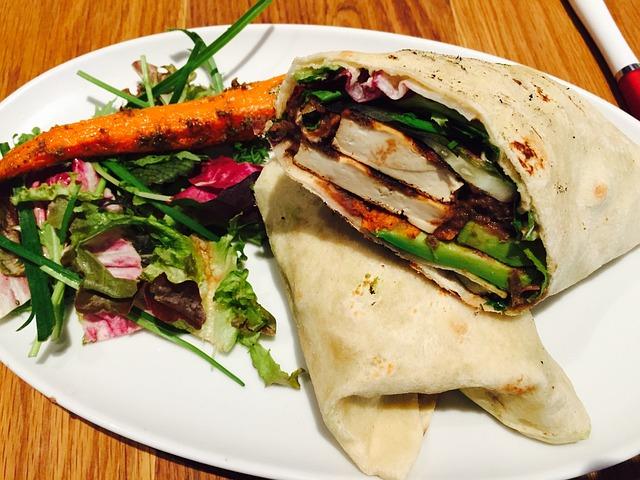In the bustling landscape of modern dietary choices, few topics stir as much passion and debate as veganism. Advocates tout its ethical and environmental virtues, while critics raise concerns about its nutritional adequacy. At the heart of this debate lies a fundamental question: can a diet devoid of animal products provide all the nutrients necessary for a balanced and healthy life? As more people around the world adopt vegan lifestyles, the conversation around nutritional balance becomes increasingly relevant. This article delves into the multifaceted arguments on both sides, exploring the potential health benefits and challenges of veganism, and seeking to illuminate the path to a diet that is both compassionate and nutritionally complete. Join us as we navigate this complex culinary terrain, where science, ethics, and personal choice converge.
Understanding the Nutritional Spectrum of Vegan Diets
When diving into the complexities of plant-based diets, one discovers a vibrant array of nutrients that can support robust health. However, understanding this nutritional spectrum requires more than just substituting animal products with plant-based alternatives. A well-planned vegan diet can provide all essential nutrients, but it often necessitates a thoughtful approach. Key nutrients to focus on include:
- Protein: While legumes, nuts, and seeds offer a rich source, it’s crucial to combine different plant proteins to ensure a complete amino acid profile.
- Vitamin B12: Typically found in animal products, vegans must rely on fortified foods or supplements to meet their daily needs.
- Iron: Plant-based sources like lentils and spinach can provide iron, but consuming them with vitamin C-rich foods enhances absorption.
- Omega-3 Fatty Acids: Flaxseeds, chia seeds, and walnuts are excellent sources, although some may choose algae-based supplements for direct EPA and DHA intake.
- Calcium: Leafy greens, fortified plant milks, and tofu can supply adequate calcium, supporting bone health without dairy.
By paying attention to these nutrients and incorporating a diverse range of foods, individuals can craft a balanced and nourishing vegan diet. This approach not only supports personal health but also aligns with ethical and environmental values, making veganism a compelling choice for many.

Balancing Plant-Based Proteins for Optimal Health
In the quest for a nutritionally balanced vegan diet, understanding the intricacies of plant-based proteins becomes paramount. Unlike animal proteins, which are often complete, plant-based proteins sometimes require strategic combinations to ensure you’re getting all essential amino acids. The key is to diversify your sources of protein, integrating a variety of foods to create a complete protein profile. Consider these combinations:
- Legumes and Grains: Pairing beans or lentils with rice, quinoa, or whole wheat bread.
- Nuts and Seeds with Legumes: Combining chickpeas with tahini, or peanut butter with whole grain bread.
- Vegetables and Grains: Mixing leafy greens like spinach with quinoa or brown rice.
By consciously blending these plant-based foods, you can enjoy a diet that not only supports your health but also aligns with ethical and environmental values. Embrace the variety and creativity that a plant-based lifestyle offers, ensuring you meet your nutritional needs without compromise.

Exploring the Role of Supplements in Vegan Nutrition
In the realm of vegan nutrition, the role of supplements is both a subject of curiosity and contention. Vegan diets are celebrated for their ethical considerations and potential health benefits, yet they also prompt questions about whether they can adequately provide all necessary nutrients. This is where supplements enter the conversation, serving as a bridge to fill potential nutritional gaps. Key nutrients often discussed include:
- Vitamin B12: Essential for nerve function and blood cell production, often lacking in plant-based diets.
- Omega-3 Fatty Acids: Typically found in fish, critical for brain health, and can be sourced from algae-based supplements.
- Iron: While present in plant foods, non-heme iron has lower absorption rates, making supplementation a consideration.
- Vitamin D: Crucial for bone health, with few plant-based sources, especially in regions with limited sunlight.
- Calcium: Often associated with dairy, but also important to consider in a vegan diet.
These supplements can be pivotal in ensuring that a vegan diet remains balanced and complete. However, the decision to incorporate them should be personalized, ideally guided by healthcare professionals. Understanding individual nutritional needs and the natural sources available in a plant-based diet can help in making informed choices about supplementation.

Practical Tips for a Well-Rounded Vegan Meal Plan
Crafting a vegan meal plan that is both delicious and nutritionally complete can be an art. To ensure your diet is well-rounded, focus on incorporating a variety of foods that cover all essential nutrients. Here are some practical tips to help you maintain balance:
- Protein Power: Incorporate a range of protein-rich foods such as lentils, chickpeas, quinoa, and tofu. These not only provide protein but also offer a host of other nutrients.
- Colorful Vegetables: Aim for a rainbow on your plate. Each color represents different nutrients, so mix and match your veggies for maximum benefit.
- Whole Grains: Opt for whole grains like brown rice, oats, and barley to ensure you’re getting fiber and essential vitamins.
- Healthy Fats: Don’t shy away from fats; instead, choose sources like avocados, nuts, and seeds to support brain and heart health.
- Supplement Wisely: Consider adding supplements such as B12, iron, or omega-3s if needed, but always consult with a healthcare professional first.
By thoughtfully selecting ingredients and maintaining diversity in your meals, you can enjoy a vegan diet that satisfies both your palate and nutritional needs.
Future Outlook
As the sun sets on the sprawling landscape of dietary choices, the debate over veganism and nutritional balance remains a vibrant tapestry of perspectives, woven with threads of passion, science, and personal experience. While advocates and skeptics alike navigate the labyrinth of nutritional facts and ethical considerations, one truth emerges with clarity: the journey to a balanced diet is deeply personal and continually evolving. Whether one chooses the path of plants, embraces a diverse plate, or finds solace somewhere in between, the dialogue surrounding veganism invites us all to reflect on our values, our health, and our impact on the world. the quest for nutritional harmony is less about adhering to a single doctrine and more about understanding the symphony of choices that nourish both body and soul. As we close this chapter, let us remain curious, open-minded, and respectful of the diverse journeys that define our collective pursuit of well-being.


































